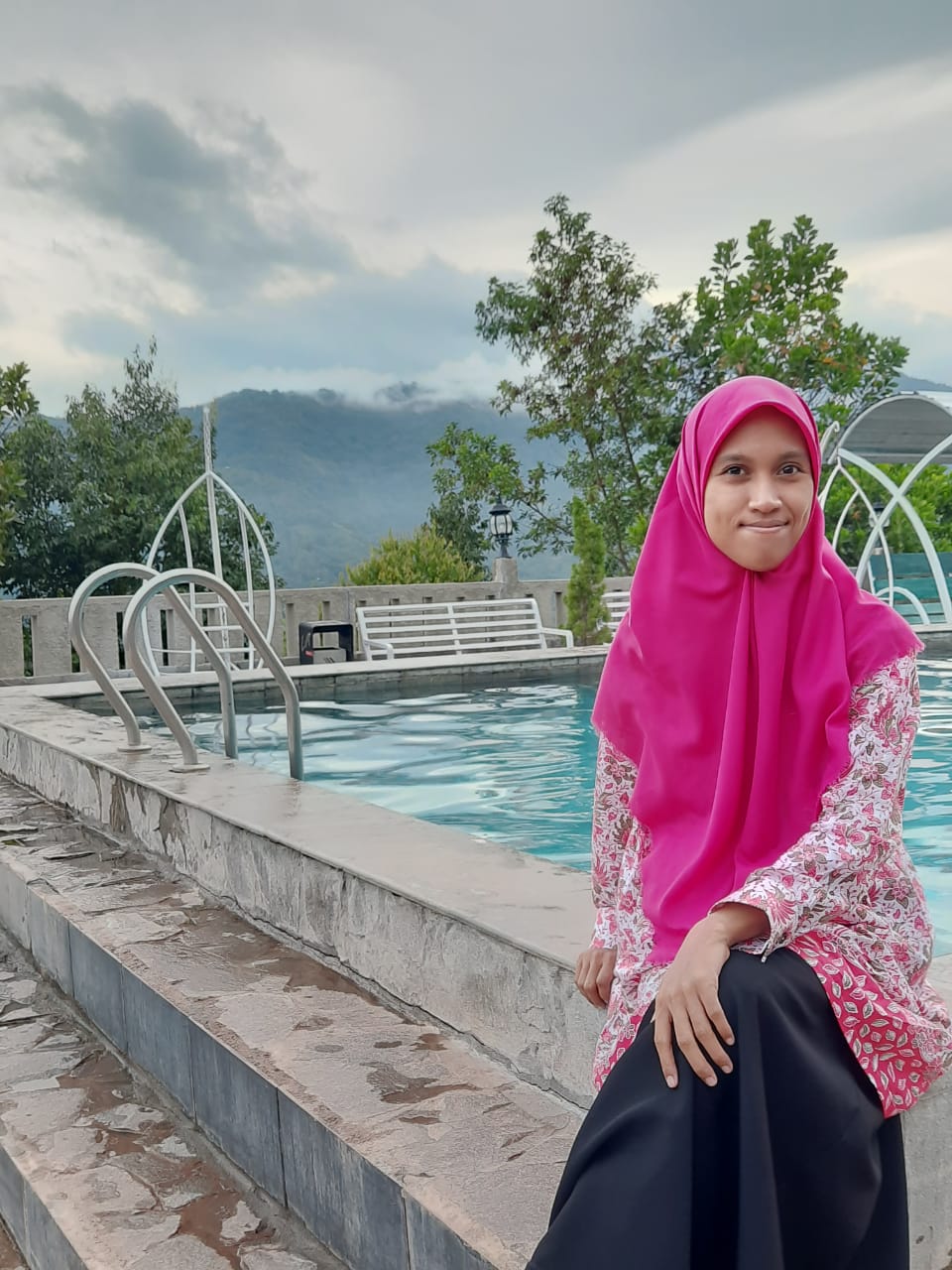Digital Ethnography of Students’ Communication on WhatsApp: An Empirical Study of Native Bantenese
DOI:
https://doi.org/10.46870/lets.v5i1.696Keywords:
Speaking Dell Hymes, Speech Events, WhatsAppAbstract
This study delves into understanding the distinctive communication behavior within a specific speech community established on WhatsApp. Employing communication ethnography and utilizing Dell Hymes' Speaking Model for analysis, the research employs observation techniques and in-depth interviews for data collection. Findings reveal that speech events primarily unfold within designated group accounts, centering on common topics. Notably, not all community members actively engage, and communication encompasses both textual and visual formats, in line with the application's features. Despite adherence to the application's conversational structure, community members demonstrate a robust comprehension of diverse speech forms exchanged within the group. The abstract concludes by underscoring the pedagogical implications of the results, offering insights for comprehending and potentially enhancing communication behaviors in chat applications, contributing to the broader discourse on digital communication
References
Addeo, F., & Paoli, A. (2019). Doing social research on online communities: The benefits of netnography. Athens Journal of Social Sciences, 7(1). https://doi.org/10.30958/ajss.7-1-1
Al-Johali, K. Y. (2019). Using mobile applications to teach vocabulary: Saudi EFL teachers’ perceptions. Global Journal of Foreign Language Teaching. https://www.ceeol.com/search/article-detail?id=968144
Ashiyan, Z., & Salehi, H. (2016). Impact of WhatsApp on learning and retention of collocation knowledge among Iranian EFL learners. Advances in Language and Literary …. http://www.journals.aiac.org.au/index.php/alls/article/view/2620
Beament, T., & Mercer, S. J. (2016). Speak up! Barriers to challenging erroneous decisions of seniors in anaesthesia. Anaesthesia. https://doi.org/10.1111/anae.13546
Carragee, K. M., & Frey, L. R. (2016). Communication activism research: Engaged communication scholarship for social justice introduction. International Journal of Communication …. https://go.gale.com/ps/i.do?id=GALE%7CA491909978&sid=googleScholar&v=2.1&it=r&linkaccess=abs&issn=19328036&p=AONE&sw=w
Dooney, M., & Kim, E. (2017). Virtual Ethnography: The Logistical and Ethical Challenges of Bringing Higher Education Research Online. In Theory and Method in Higher Education Research (Vol. 3, pp. 197–214). Emerald Publishing Limited. https://doi.org/10.1108/S2056-375220170000003011
Kheryadi, K. (2018). The Implementation of “WHATSAPP” as a Media of English Language Teaching. Loquen: English Studies Journal, 10(2), 1. https://doi.org/10.32678/loquen.v10i2.685
Kurniasih, N., & Riyadhsyah, T. (2017). Virtual Ethnography Study of Inter-lecturer Communication in National Young Lecturers Forum WhatsApp Group. 50–54. https://doi.org/10.2991/ICAAIP-17.2018.10
Lawrence, J. E., & Tar, U. A. (2018). Factors that influence teachers’ adoption and integration of ICT in teaching/learning process. Educational Media International, 55(1), 79–105. https://doi.org/10.1080/09523987.2018.1439712
Motteram, G. (2020). WhatsApp supported language teacher development: A case study in the Zataari refugee camp. Education and Information Technologies, 25(6), 5731–5751. https://doi.org/10.1007/s10639-020-10233-0
Muslimin, A. I., & Harintama, F. (2020). Online Learning during Pandemic: Students’ Motivation, Challenges, and Alternatives. Loquen: English Studies Journal, 13(2), 60. https://doi.org/10.32678/loquen.v13i2.3558
Prasojo, L. D., Habibi, A., & Mukminin, A. (2017). Managing Digital Learning Environments: Student Teachers’ Perception on the Social Networking Services Use in Writing Courses in Teacher Education. Turkish Online Journal of Educational …. https://eric.ed.gov/?id=EJ1160635
Rehn, N., Maor, D., & McConney, A. (2016). Investigating teacher presence in courses using synchronous videoconferencing. Distance Education. https://doi.org/10.1080/01587919.2016.1232157
Ritter, C. S. (2021). Rethinking digital ethnography: A qualitative approach to understanding interfaces: Https://Doi.Org/10.1177/14687941211000540. https://doi.org/10.1177/14687941211000540
Rodriguez, M. Y., & Storer, H. (2019). A computational social science perspective on qualitative data exploration: Using topic models for the descriptive analysis of social media data*. Https://Doi.Org/10.1080/15228835.2019.1616350, 38(1), 54–86. https://doi.org/10.1080/15228835.2019.1616350
Taghizadeh, M., & Hajhosseini, F. (2021). Investigating a blended learning environment: Contribution of Attitude, interaction, and quality of teaching to satisfaction of graduate students of TEFL. In The Asia-Pacific Education Researcher. Springer. https://doi.org/10.1007/s40299-020-00531-z
Downloads
Published
Issue
Section
License
Copyright (c) 2023 kheryadi kheryadi, Afif Suaidi

This work is licensed under a Creative Commons Attribution-ShareAlike 4.0 International License.












